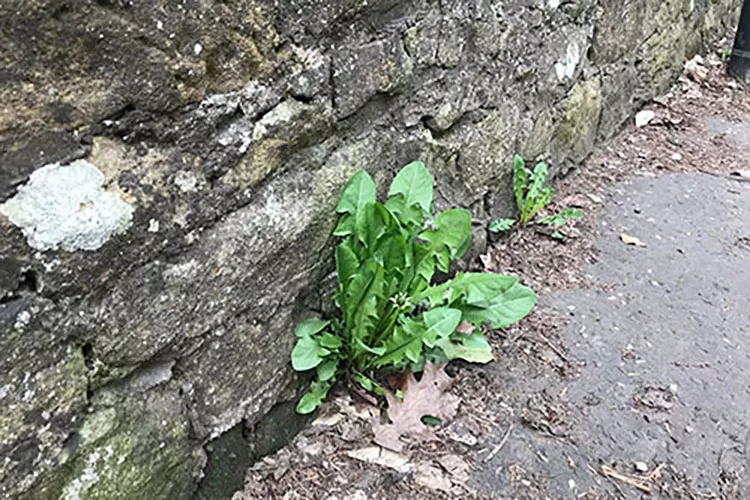Wednesday May 8th 2024

A lack of dead bugs on car windscreens is just one example of the damage toxic weed killer is doing to wildlife, a Midlothian councillor has said.
Speaking as elected members were told the amount of glyphosate used by council workers rose by 50 per cent last year, compared to four years ago, Councillor Dianne Alexander said while scientific evidence of its impact was not available, people could see the impact with their own eyes.
She told a meeting of the full council: “The evidence is not there scientifically to prove that glyphosate is harming and killing birds and bees and other wildlife that makes up our biodiversities but we can all see this is the case.
“Just one example, vehicles are no longer caked in squashed bodies of flies and insects at the end of a long journey.
“People of my generation, and perhaps younger, will remember having to constantly clean our cars, especially the number plates of layers of dead insects. This is no longer the case, indeed, on a long journey from Midlothian to Spain our vehicle had very few insect bodies on it.
“I take this as proof that our biodiversity is being killed off. Studies of counts of birds in areas where glyphosate is being used show a significant drop in their numbers. Slowly as it did for tobacco the evidence of harm glyphosate does will become scientifically proven.”
Midlothian Council introduced a ban on the use of glyphosate in 2019 on council land amid growing concern about its impact on the birds and the bees. with emergency exceptions to tackle invasive weeds.
It saw the amount of the pesticide used drop from 1,348 litres in 2019 to 450 litres in 2020.
More use was allowed although it remained limited during the pandemic and from March 2021 glyphosate has been used on a restricted spot basis on Midlothian’s streets and pavements; with a continued reduction in use in parks and open spaces.
Exceptions are made in areas where invasive species such as giant hogweed and Japanese knotweed have taken hold or at dangerous road junctions or to maintain road safety. Details of all spraying operations are published by the council.
A report on current use revealed that last year 680 litres were used due to the impact of a wet summer after two dry years.
It said: “The reason was that 2021 and 2022 had dry summer periods where application and volume was able to be restricted. However, in 2023, a much wetter summer period was experienced, providing optimum conditions for extensive weed growth.
“By September, Land and Countryside Services had spot treated all identified areas once and three quarters of Midlothian a second time. At that time, 600 litres had been applied, with the west of the county requiring to be spot treated for a second time. It was estimated that 80-100 additional litres would be required.”
There are currently seven volunteer community groups across Midlothian who have adopted council land to maintain themselves under an agreement which means the pesticide is not sprayed there and the council has pledged to work more with communities.
Councillor Colin Cassidy who first brought the ban on the weed killer to Midlothian Council five years ago said he had wanted to ban it because the council was using it “indiscriminately” at the time.
He said: “They were going out in the spring and spraying pollinating plants and I had bee keepers coming to me complaining.
“I know there is a need for it in some parts and the way we are using it now is a bit more responsible. We are not spraying plants in flower and therefore not affecting the pollinators in our community.”
Councillors across parties said they wanted to see a reduction in the use but the report warned any further reduction would require more funding.
They were asked to note the report which you can read HERE.
Tweet Share on Facebook